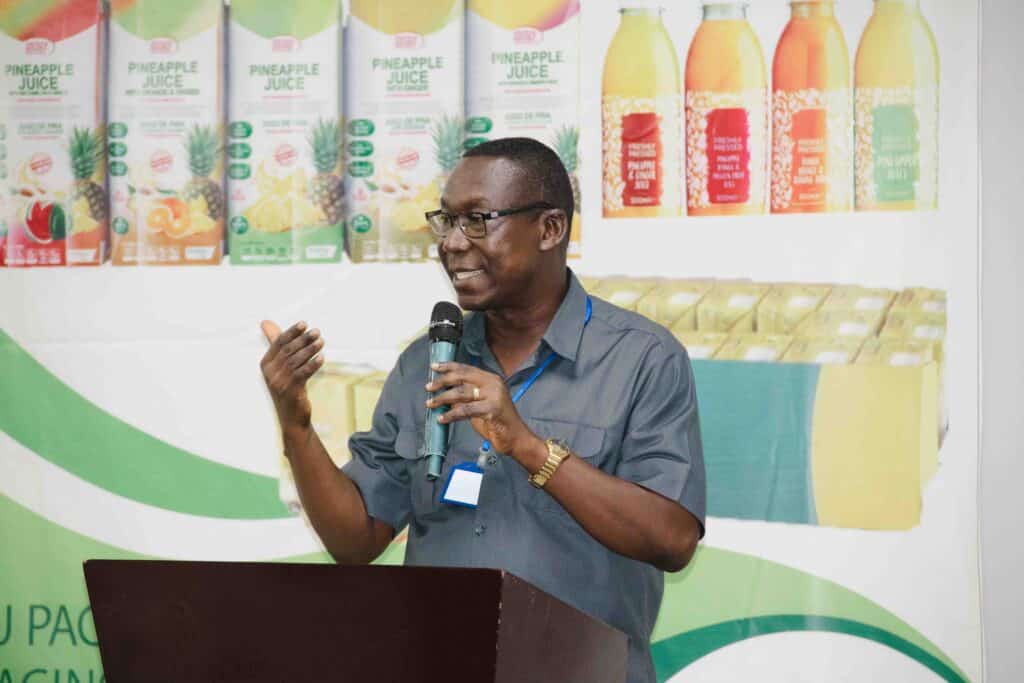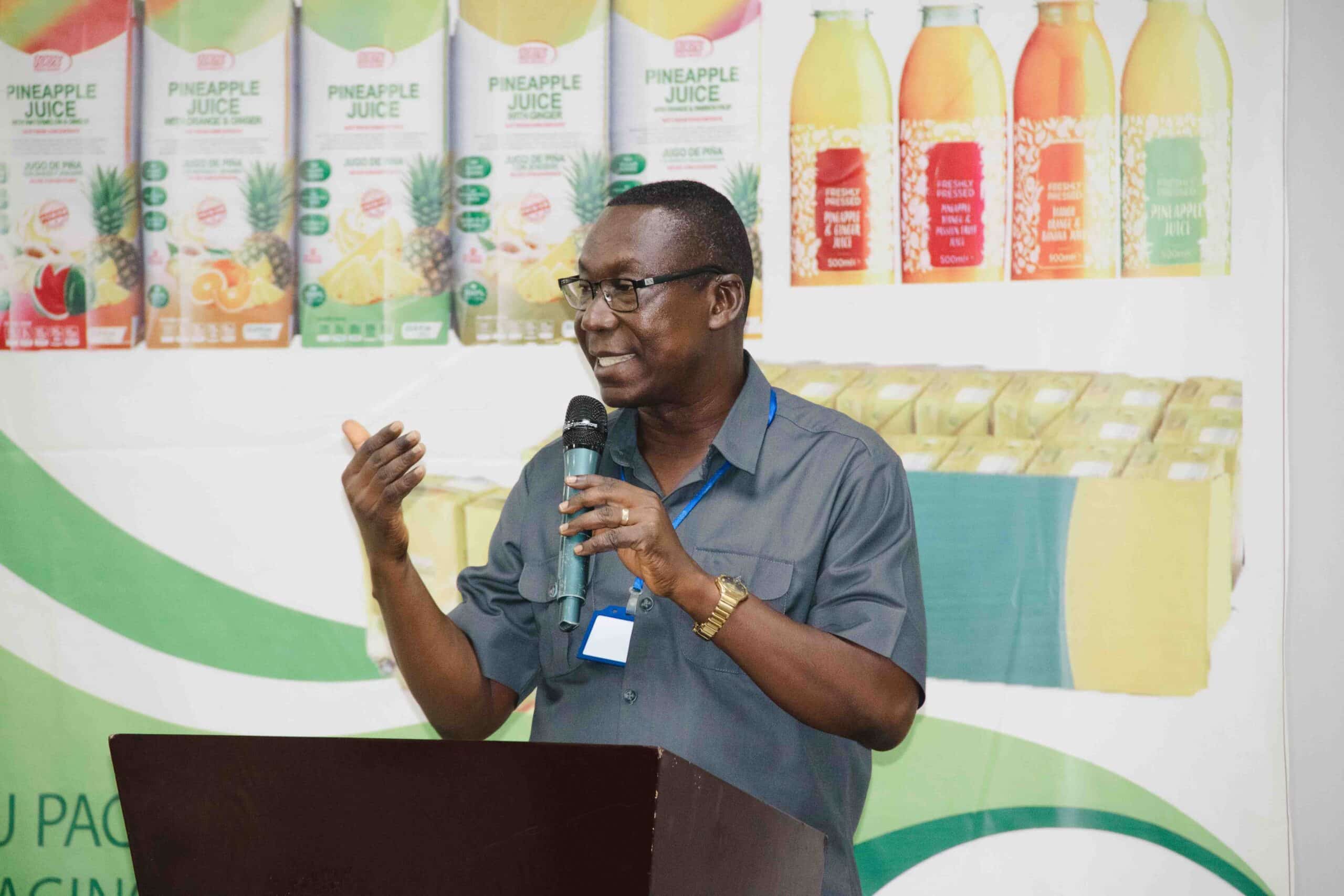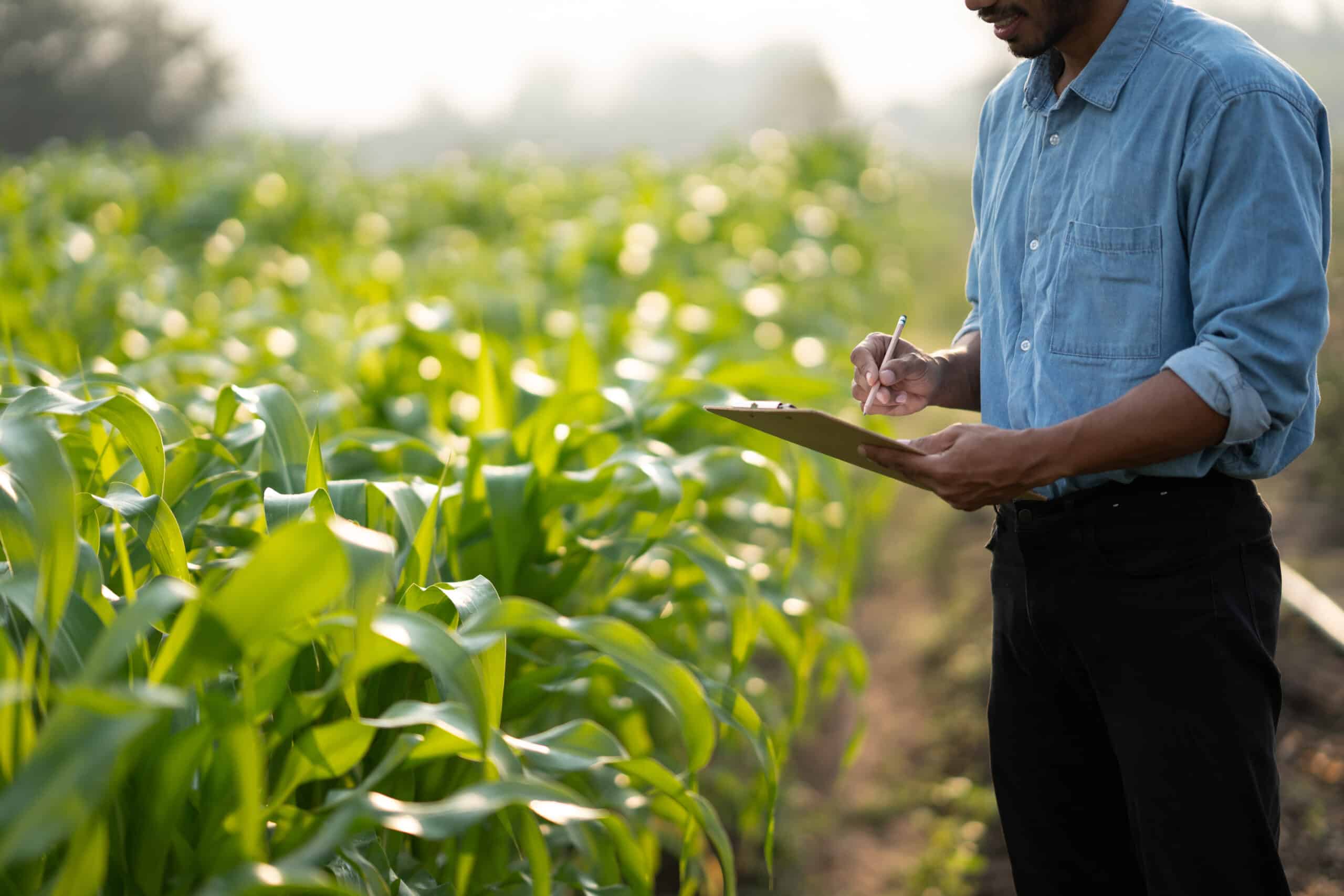The pandemic has resulted in an increased focus on food security and the basic human needs of the less well-off in society. With a 30-year-long experience of working in Europe, the Middle East, and global food and agriculture, Malachy Mitchell has reiterated his commitment to deliver significant impact and added value to his clients and stakeholders.
Invited to become the champion in the latest edition of the “Hero Stories” interviews, the co-founder and Managing Director of Farrelly Mitchell, an international food and agribusiness management consultancy firm with offices in Europe, the Middle East, and Africa, explained how important it is to rethink supply chains, explore the potential of Africa and establish ties with the Middle East. Discover this expert’s projections regarding the food crisis in our “Hero Stories” interview.
Food is not taken for granted anymore
One of the unexpected side-effects of the pandemic is a renewed focus and energy on food security by governments around the world. Food is no longer taken for granted. In a recent report, the UN found that in 2020 an additional 120 million people went hungry every night compared to 2019. This is a very serious issue and what we can observe is that a number of things need to continue to happen.
The international development community, multilateral and governmental agencies, and DFIs have become involved in targeting the pertinent issues and various initiatives directed towards different geographies have been launched.
We are going to see greater migration and more people who are undernourished
If we don’t increase funding and target programs wisely, we are going to see greater migration and more people who are undernourished which will worsen the humanitarian crisis already exacerbated by this pandemic. The timing has never been better for us to work on this and I really believe that we can make a significant impact and bring lasting changes to the production of food where it is needed most. Agriculture is one of the key areas to focus on.
Every dollar invested, and invested wisely, has a significant ripple effect across the wider community with real economic benefits. However, greater support is needed from wealthier countries to fund food programs and support increased local production.
It’s predicted that Africa will import food worth over US$110 billion by 2025
UNCTAD has estimated that food imports already total about US$35 billion per year in sub-Saharan Africa and it has been predicted that Africa will import food valuing over US$110 billion by 2025.
Africa has enormous production capacity and natural resources and the continent is untapped in terms of its potential to produce food for its domestic requirements.
Also, it is known that its population is predicted to more than double by 2050. The money spent on food imports every year could be used to procure medicines or technology that are not currently manufactured on the continent.
A well set up agricultural ecosystem in Africa could address local food needs and produce enough exports
The reality looks different in the developed part of the world versus the Global South. Most food losses in the developed part of the world happen at downstream level while in Africa the issue is that 60% of the food produced and even more in some cases is lost very early in the value chain.
Harvesting techniques are damaging some of the crops, the harvest window is small, and local or domestic markets cannot absorb the volume of produce harvested within a short window, which is bad for smallholder producers. A lack of infrastructure around storage facilities worsens the situation.
The under capacity to store crops means high prices during the off-season and low prices at the peak of the season. So, it’s a lose-lose for the smallholder and consumer. One of the areas where we can gather quick win-wins is to target food storage, developing the infrastructure to ensure an orderly supply to the market thus stabilising farm prices.
This will help to improve food security and reduce food waste so it is also good from a sustainability and environmental perspective.
I think there is a real opportunity to change the perspective with this renewed focus on food security. A lot of governments are trying to shorten their supply chains and remove unnecessary complexity. Hopefully, this will lead to increased investment in these areas.
It is estimated that up to US$800 billion is needed to develop food and agriculture in Asia to meet the needs of the growing population and achieve self-sufficiency
The figures are significant. There is ongoing support from wealthier countries, but this needs to increase. Getting the product to market is really important, but more important is doing it in a sustainable way. There are a lot of pieces that need to be connected. In-market processing is key to ensure that value is captured locally and not exported to other markets.
There is great opportunity for more inter-trade between countries
The cooperative structure is a very effective ownership model that has worked well in farming and downstream processing in Europe and the United States, however, it has had limited success in Africa. But there is hope around that in the sense of improved governance and support.
To bring smallholder farmers, who are highly fragmented and acting on their own, into aggregate production and supply arrangements or cooperatives will also help them to get a better price for their products, to own downstream assets, and to have better leverage and power in the domestic and export markets. We know that only 16% of exports in Africa account for intra-Africa trade, putting Africa behind other regions in the world when it comes to intra-continental trade.
There is a free trade agreement on the continent which nearly all countries have signed up to, so there is great opportunity for more trade between countries in Africa.
Such advances will contribute to greater price stability and the development of local and regional supply chains.
We do have very strong and deep understanding with the markets we work on
In Africa, it’s important to be on the ground, we do have very strong relationships with the markets that we work in. We engage directly with our clients and stakeholders in the context of providing them one to one or group training along with workshopping so they can gain ownership of the solutions or the training or capacity building we are delivering. We tailor our interventions from the perspective of people who have local knowledge and understanding.
We don’t see imposing ‘solutions’ from the outside as being sustainable. We are very much involved in the area of technical and commercial due diligence, feasibility studies, business planning, and analysis. We also deliver expertise to help clients raise funds from private equity, DFI, or multilateral sources.
We work right across the value chain from farm to fork
We have completed over 150 projects in relation to food and agriculture on every continent across the world, working across the value chain, from farm to fork. Anyone who understands food and agriculture will know it is a highly specialized sector in terms of its geographic and sectorial differences. We have completed numerous projects and mandates where we provided due diligence and advisory services to private equity firms, corporates, and governments on the sale or acquisition of food and agribusinesses with a combined value of over US$8 billion. We also have worked for governmental agencies in the areas of food safety, policy, and regulations and also in upskilling farmers or other supply chain actors.
In addition to that, we work on commercial feasibility studies for both government agencies and corporate clients who want to enter new markets in Africa, Europe, America, South America, or indeed Asia.
So, it’s very diverse in terms of what we do and it is all project managed by our highly experienced in-house team and over 300 sector experts.
Demand for sustainability services is increasing
We as a business are continually evolving, as is the demand for our services. We see very strong growth and demand from our clients for sustainability and ESG related services. It’s an area we see growing exponentially over the next few years. We also see an increasing focus on holistic food systems and supply chains.
Another area where we see growth potential is capacity building and that is really about upscaling and the transfer of skills, training, workshopping, providing mentoring and related policy and regulatory support services to government agencies, banks, smallholder farmers, or to other supply chain actors – in many cases financial institutions are the drivers of these initiatives as they are involved in providing capital to these sectors and subsectors.
Farrelly Mitchell profile
There are a limited number of very specialised consulting firms in food and agriculture and certainly less again have an international footprint or presence such as Farrelly Mitchell. We saw that as an opportunity for us to exploit this diverse and highly specialised market.
I co-founded Farrelly Mitchell approximately 17 years ago and we work with corporate, private equity, and government sector clients in Europe, the Middle East, and Africa, but in the last few years, we started to look more to the multilateral, DFI and NGO sectors. In particular, we took the decision to establish an office in Ghana, West Africa, so we decided we needed a platform to help us.
That’s how we ended up with DevelopmentAid. We feel that our experience is highly relevant and complementary and transferable into these markets, as we work with the EU Commission, the African Development Bank, and others, in Europe, Africa, and the Middle East. We have a deep understanding of the challenges and the complexity around local supply chains in these regions of the world so, for us, it was a very natural transition to this space.
I am blessed to have a fantastic team
I am blessed to have a fantastic team, led by colleagues, some of whom joined us when we started over 17 years ago. That’s really important.
The company would not achieve such great results and client outcomes without good people. Personally, and professionally, I enjoy working in consulting and building our international presence and service offering.
I have worked all my life in food and agriculture, both in industry and consulting. We see enormous opportunities to continue to grow and expand our company as the demand for food and sustainable production practices increases.
In this context, we are actively considering and seeking new locations and strategic alliances with suitable partners to extend our services to new markets.
Our client success stories speak for themselves and importantly we know we can make a difference and impact where it counts.
At Farrelly Mitchell, our global network of experts is driven by a desire to improve global food security, reduce world hunger, and establish more resilient, sustainable, and productive food systems in the regions that need them the most.
We are committed to leaving a positive and lasting impact, and we deliver a range of tailored developmental services to achieve our goal. We support governments, multilaterals, and NGO’s with capacity building and training programs, impact evaluation and monitoring, food security initiatives, policy and regulation design, and much more. To discover how our team can assist you in creating sustainable, efficient, and impactful solutions, contact us today.














